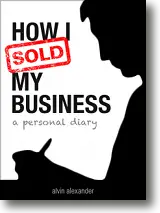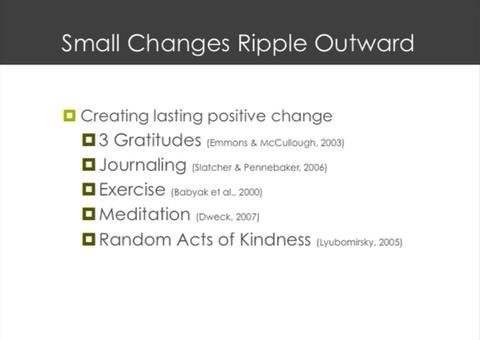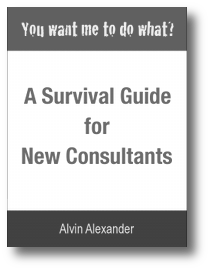“I had to break up the team for us to move forward in the right direction. That means getting talented players that fit with each other on and off the court. Also getting players who understand that while playing basketball is fun, this is also a business. So we need guys who will ice after practice, watch what they eat, avoid having those three extra beers when they party, and get the rest they need. I think we succeeded in getting this particular cultural change.”
(A quote from Phil Jackson, GM of the Knicks, in this story.)
In recruiting software developers, I generally didn’t think about whether guys would fit well together, but there were a couple of times where I backed off on recruiting guys who expressed certain agendas during the interview process. In two cases that immediately come to mind, one guy declared, “Anything I write is open source,” which you can’t really do as a consulting firm, and another guy seemed to intentionally steer a conversation into politics and got into an argument with one of my co-workers during the interview process.
Another guy wanted us to get into a bidding war with another company, so I said the equivalent of, “Have a nice day, see you around.” I tried playing that game with a guy once before, and I can say from experience that you have to be careful about recruiting a guy who’s only interested in going to the highest bidder.


